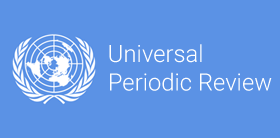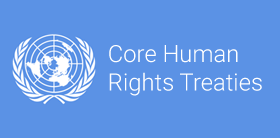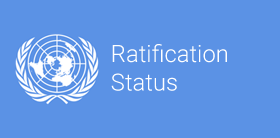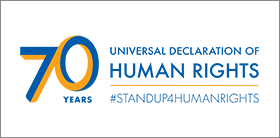26 September 2008 – All segments of the population are banding together to usher in a new era in Nepal, the world’s newest republic, displaying a type of inclusiveness that could serve as a model for the rest of the world, the Asian nation’s leader said at the United Nations today.
In May, the Constituent Assembly – whose members were elected in April – abolished Nepal’s 240-year-old monarchy.
“This was in keeping with long-standing aspirations of the Nepalese people,” Prime Minister Pushpa Kamal Dahal, who goes by the name Prachanda, said on the fourth day of the General Assembly’s annual high-level debate.
He called the Constituent Assembly “the most inclusive representative body,” with all marginalized and oppressed groups, ethnic communities, indigenous people and so-called “untouchables” known as Dalits taking part in deliberations.
“This may very well be an example of representativeness to the world in the first decade of the 21st century,” the Prime Minister said.
The country is rebuilding after a decade-long civil war, which ended in 2006, claiming an estimated 13,000 lives.
“Nepal’s peace process is unique in its characteristics and is based on multi-party democracy, inclusiveness, accommodation, dialogue and the recognition of the people as the ultimate arbiter,” the Prime Minister told delegates.
But he noted that the least developed countries (LDCs) such as his own have specific needs in achieving the UN Millennium Development Goals (MDGs), eight anti-poverty targets with a 2015 deadline.
“We are trapped in a vicious circle of poverty,” the Prime Minister said. “For many historical reasons, we have low economic growth, low productivity, underdeveloped industries and traditional agriculture.”
Further, conflict and crisis persist due to lower levels of social indicators and fewer opportunities for the people, he said.
“I strongly urge that the issue of the LDCs should be looked at by the United Nations separately and with special and focused programmes,” the Prime Minister said. “They should be ensured dedicated support and cooperation if we want to make our world just and inclusive that the United Nations so proudly espouses.”




